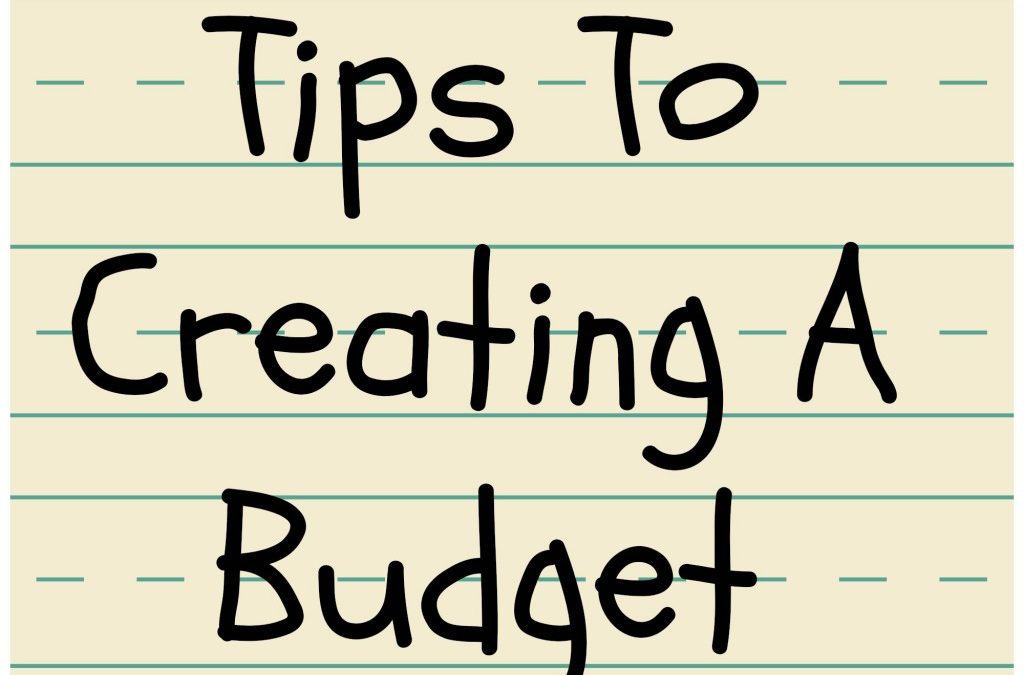When you hear someone talking about budgeting what’s your initial reaction? Do you run cowering to the nearest corner and assume the fetal position or do you stand tall, confident in that fact that your budgeting skills would make Scrooge McDuck proud. Well if you tend to lean more to the cowering side just know that budgeting doesn’t have to be a painful or frightening experience. In fact, most people that have a budgeting system in place will tell you that a budget is not only the best way to control spending but it will also help you become a better steward of God’s resources.
Below are seven quick and easy steps to help you make an effective budget. If you follow these steps you will be that much closer to having a budget that works for you and you’ll be swimming in your own money pit alongside Scrooge McDuck in no time.
- Know why you’re budgeting in the first place.
In my opinion the number one reason budgets fail are because people haven’t given any thought to what they actually want their money to do for them. Do you want to get out of debt, do you want to control spending, or maybe you want to save money to pursue a dream? If you haven’t taken the time to clarify what your financial goals are then no budget in the world is going to help you. Remember no lighthouse will guide a ship when it doesn’t know what harbor it seeks.
- Make giving a regular part of your budget.
If you want to have true financial freedom then you have to make giving a regular part of your financial life. Giving is the tool God uses to help us take the focus off of our own needs and focus on him and the needs of others. I have yet to see a person who made giving a part of their budget regret it later.
- Make sure you plan for some fun.
Ok be honest with yourself, no one wants to try to stick to a budget that makes them feel like they’re in financial solitary confinement. Everyone’s budget should have a portion designated to having fun and blowing on whatever you want. Maybe you can only set aside $20 a month to blow or maybe your budget will allow you to set aside $100 the amount doesn’t matter. What’s important is making sure your budget accounts for what I like to call the human element. You are going to want to occasional buy a latte or eat out on the fly, better to plan for it now rather than break your budget tomorrow.
- Include all irregular expenses.
If you want to have an effective budget then you have to include not just some but all of your expenses. That includes Christmas gifts, oil changes, car registration fees, insurance premiums and any other expenses that you incur on an irregular basis. Best way to work these expenses into your budget is to add them up, divide them by 12 and set that money aside in a saving account each month. Then when these expenses come due it’s not a surprise and won’t bust your budget.
- Write out your budget.
In Habakkuk 2:2 (KJV) the Bible says to write the vision, and make it plain upon tables, that he may run that readeth it. You have to make it a point to have some physical representation of your budget. It doesn’t matter if it’s electronic or written on the back of a napkin. Trying to budget your finances in your head hardly ever works.
- Make a new budget every month.
Most people think budgets are these static never changing lifeless documents. Your life changes all the time and along with that your financial needs will change all the time. So why shouldn’t your budget change? This month maybe you spend more on eating out because old friends are in town. Perhaps next month you take the bus to work so you don’t need to budget as much for gas. Keep in mind that a flexible, free flowing budget is an effective budget.
- Keep it simple.
Having 18 pages of color coded excel files with pull down tabs might look cool but are by no means necessary to have an effective budget. Besides are you really going to want to update that every month? Keep it simple, a list of your income and expenses, a pen, sheet of paper, and calculator is all you need.
Now that you have heard my two cents what’s your take? What tips do you have for making a budget work? Feel free to leave a comment below.
Article submitted by Efrem Jackson – Founder, Free to Serve Financial Ministries
